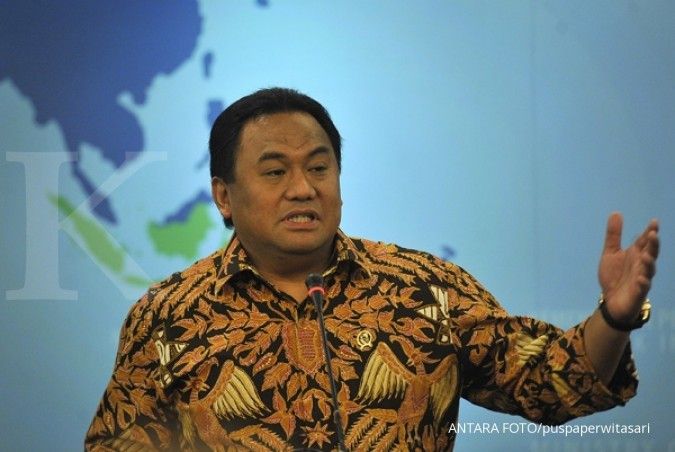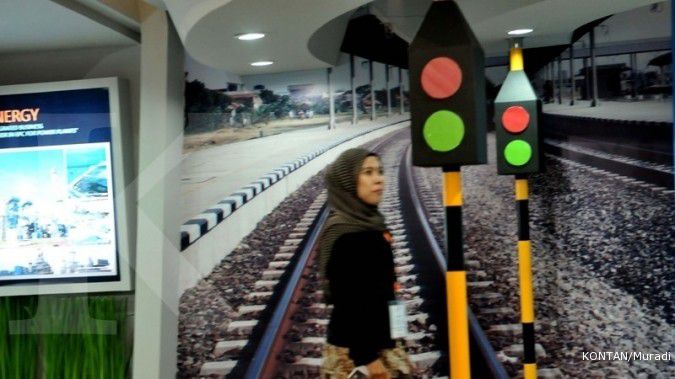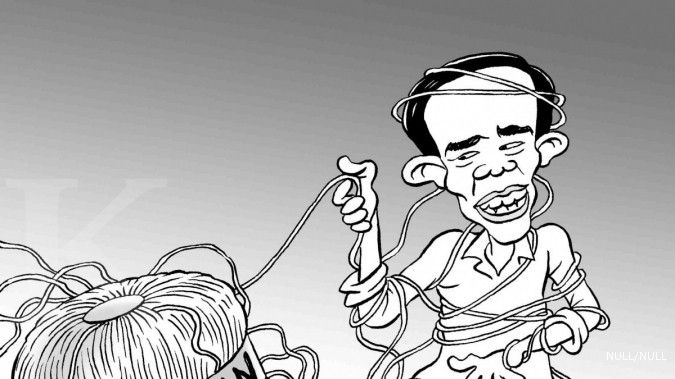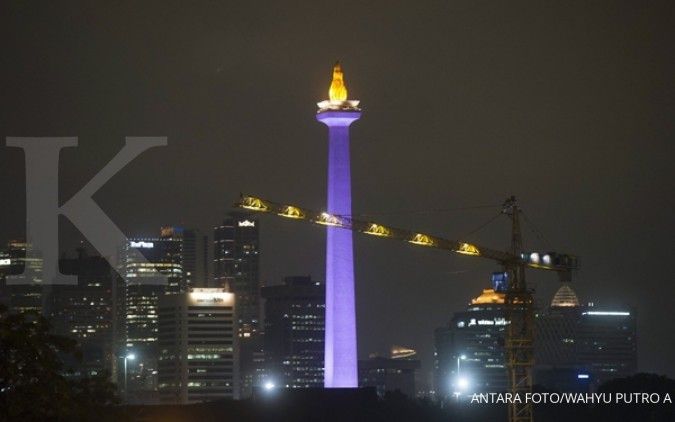BOGOR. The Bogor administration has introduced a new policy requiring civil servants to wear traditional Sundanese attire and speak only in Sundanese on Wednesdays.
The instruction, signed by Bogor Mayor Bima Arya, requires male civil servants to wear the traditional attire of pangsi pants and black kampret shirt, as well as the headwear locally known as totopong, while women must wear kebaya blouses. Clothes like these were commonly worn during the Pakuan Pajajaran kingdom era.
Bogor Culture and Tourism Agency head Sahlan Rasyidi said that the program, called Rebo Nyunda, or Sundanese Wednesday, was aimed at preserving local wisdom, as well as encouraging civil servants to cultivate a sense of belonging to the Sundanese culture.
“We chose Wednesday because civil servants already have to wear uniforms on Mondays, batik on Tuesdays and Thursdays and Muslim attire on Fridays,” he said recently.
Sahlan noted the Bogor administration also planned to provide traditional Sundanese snacks, such as fried bean sprouts, boiled peanuts, laksa (soup with vermicelli), boiled yam and iced nutmeg drinks.
Bogor City Council speaker Untung Maryono welcomed the new policy, saying this was one way to preserve traditional culture. “I respect and support the mayor’s instruction. I also speak Sundanese when leading plenary sessions on the 2015 city budget held on Wednesdays, even though I mix it with Indonesian. We aim to set an example for local residents,” he said.
Concerns have been rife over the gradual abandonment of traditional culture. Traditional arts, such as the jaipong dance, gedang pencak, angklung musical instrument and wayang golek traditional puppet shows, which were commonly performed during wedding parties, have been replaced by what is locally called organ tunggal — a top 40-cover singer and a few musicians.
Untung hoped that the Rebo Nyunda policy would also be imposed on local residents.
He pointed out that by doing so, the city administration would help boost the local creative economy as producers of Sundanese accessories and attire would be able to profit from the policy’s implementation.
Suryadi Sein, the owner of Kebon Raya art shop, which sells Sundanese souvenirs and accessories, acknowledged that he had seen orders for Sundanese attire increase significantly.
“Ever since the Rebo Nyunda policy was introduced on Nov. 5, the number of visitors to my shop has increased. Orders for Sundanese apparel have surged. While before I only got Rp 1 million [US$81.92] in profit daily, now it reaches Rp 7 million. Most of the customers are civil servants and students,” Suryadi said.
The price of a totopong ranges from Rp 20,000 to Rp 25,000, while a set of male Sundanese attire costs between Rp 150,000 and Rp 250,000.
Sundanese culture expert Dadang Padmadiredja said that the Rebo Nyunda introduced in Bogor was rather different to similar programs introduced in other parts of West Java.
“It started after local artists and enthusiasts persuaded the authorities. Back then we even gave away Sundanese accessories to students and street vendors for free,” he said.
Dadang also pointed out that the Sundanese language spoken in Bogor was quite different to that in other regions because it does not recognize language hierarchy. “The Pakuan kingdom was never colonized by the Mataram kingdom. That’s why the Sundanese language spoken in Bogor is rather egalitarian,” Dadang said. (Theresia Sufa)
English
/2014/01/30/172579169p.jpg)















